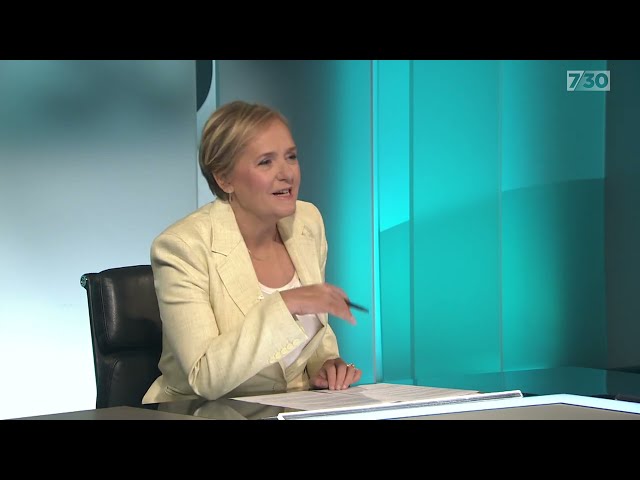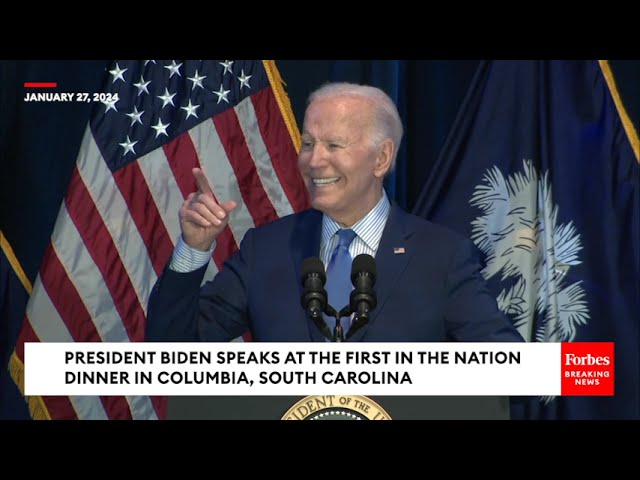The mainstream media landscape is fraught with challenges and tensions as it caters to audience demands that sometimes veer towards the sensational rather than the substantial. The pursuit of salacious content over sober, fact-based reporting can lead to a type of 'audience capture,' where media outlets begin to reflect not the objective truth, but the biases and appetites of their viewership. This does a disservice to the very essence of journalism and undermines the public's trust in media institutions. However, amidst this troubling trend, there are beacons of journalistic integrity that stand out, emphasizing the critical role of real reporting in sustaining a healthy democracy.
Journalists like David Sirota and the team at The Lever exemplify what it means to commit to investigative journalism, to go beyond the surface fluff and bring forth the hard-hitting truths that may otherwise remain buried. Instead of relying on a singular source, as commendable as the Twitter files released are thanks to the diligent efforts of Matt Taibbi, Sirota's model involves active, on-the-ground reporting. It's a laborious and costly endeavor, yet invaluable – the scoops obtained by The Lever are often so impactful they are rehashed by mainstream outlets that declined to do the leg work themselves.
Similarly, Max Blumenthal and the team at The Grayzone have showcased the power independent journalism wields when reporters have the courage and support to question the narratives woven by legacy publications. Through their meticulous work, they've prompted established entities like The Intercept to reassess stories and even led The New York Times to reevaluate their own reporting. It's a stark reminder of the influence that rigorous investigative work can have, potentially prompting a renaissance of fact-first journalism across the board.
Crucially, the core of the issue is freedom of the press in its truest form – allowing journalists to unearth and report facts without being confined by corporate interests, government pressures, or audience biases. It underscores a responsibility among not just independent journalists but all media practitioners to pursue authenticity and truth over convenience and complacency. At a time when former press secretaries and political figures so often transition into prominent media roles, the ethical lines blur. Yet, it's not inherent in the role but rather in the execution, for journalism isn't about who tells the story but how and why it's told. The sustainability of our democratic society depends on a vigilant, fearless press that prioritizes fact over fiction and truth over trend.

